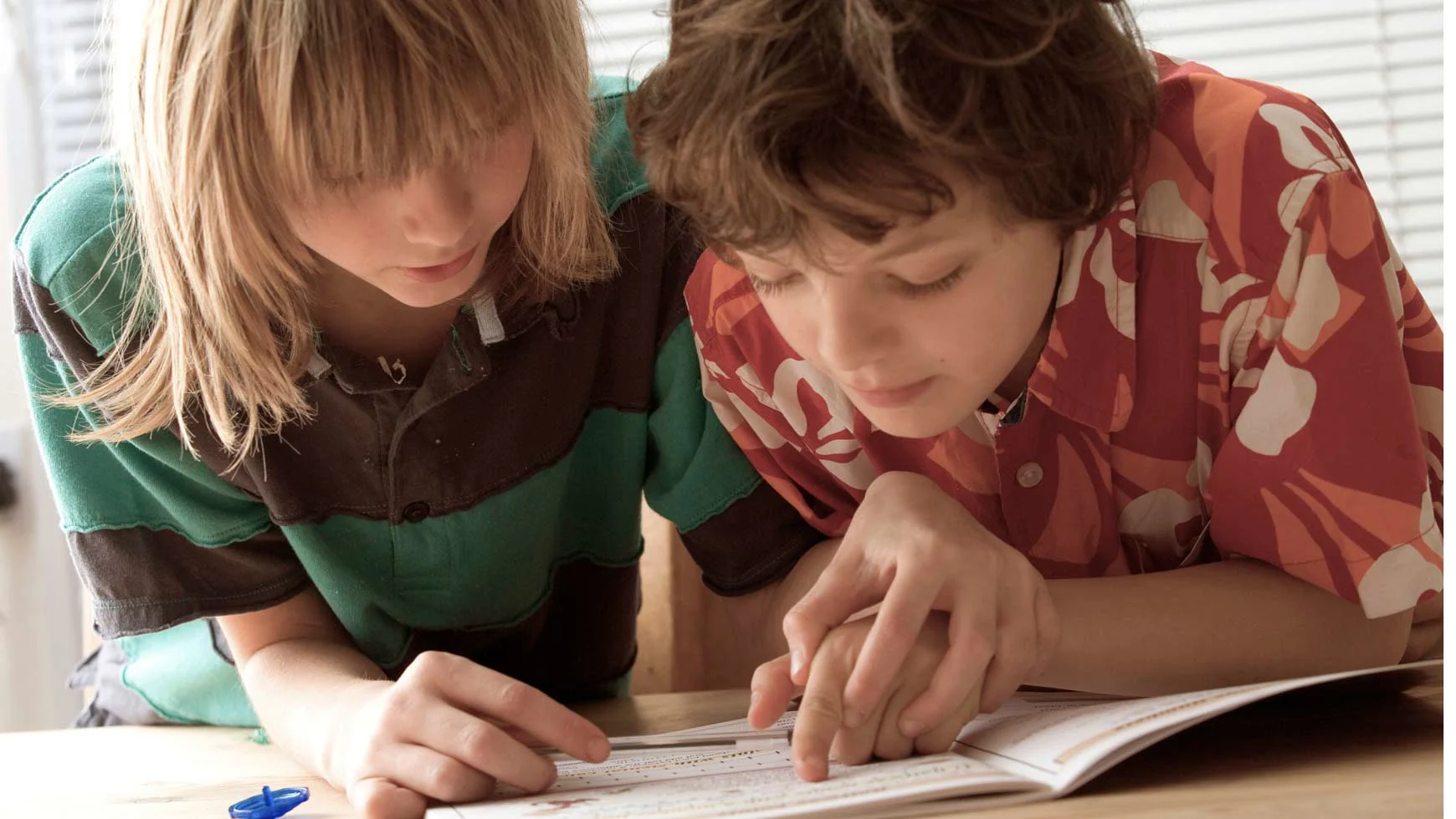Skills kids need going into seventh grade

At a glance
In preparation for seventh grade, sixth graders work on improving problem-solving skills.
Seventh graders are expected to be able to write an organized answer in response to a question.
Reading and making graphs are important math skills in seventh grade.
Being ready for seventh grade means more than just being ready to manage raging hormones and complicated social dynamics. It also means being ready to manage the unique learning challenges of middle school. Students are expected to know how to be more independent thinkers and learners. Much of the academic focus is on problem-solving and finding more than one way to do things.
Your state’s academic standards outline the skills kids are expected to learn by the end of sixth grade in order to be prepared for seventh grade. Here’s a look at some common ones.
Skills to get ready for grade 7: English language arts and literacy
To prepare for seventh grade, sixth graders read different types of material and express their understanding of it through discussion. In writing, they work on grammar, details, and organizing their ideas. When they write, they use and analyze information from many different sources. Here are some activities kids do to work on these skill areas:
Figure out the theme of something they read and support their answers with evidence from the text.
Compare poems, stories, and historical novels, explaining the plot of each and how the characters react to the action.
Use a number of reading strategies to figure out the meaning of unfamiliar words.
Learn both the figurative and implied meaning of words and phrases.
Identify specific claims or arguments in reading materials and decide how valid they are.
Write arguments or opinion papers using clear reasoning and supportive facts.
Write for longer periods of time for a number of different tasks, purposes, and audiences.
Participate in class discussions and do short research projects using many sources to answer a specific question.
Learn more about how reading and writing skills develop at different ages. Find books for reluctant readers, and explore fun new ways to help your child become more enthusiastic about writing. Learn how to help your child break a writing assignment into chunks.
Skills to get ready for grade 7: Mathematics
By the end of sixth grade, students are expected to know how to multiply and divide multi-digit numbers and to start to work more in depth with fractions and decimals. They also work with more abstract and complicated math concepts like rates and ratios.
Sixth graders start learning how to write and solve problems that have symbols along with numbers (10 + x = 25). By the time they begin seventh grade, students are expected to know how to do the following:
Understand concepts of ratios and unit rates, and use the correct language to talk about them (like the ratio of ears to noses in a class of kids is 2 to 1, because for every 2 ears there is 1 nose).
Use multiplication and division concepts to divide fractions and multi-digit decimals.
Understand that you can find positive and negative numbers on opposite sides of 0 on a number line. Know that the number 2, for example, is the same number of spaces to the right as ‒2 is to the left of 0.
Use number pairs to find a point on a graph.
Understand that solving a problem with a symbol is asking “what number does this symbol stand for to make the problem correct?” (In order for 2 + x = 10 to be right, x has to equal 8.)
Use the properties of operations to solve problems, including those of area and volume. (For example, know that 2 (5 + x) is the same as 10 + 2x.)
Understand that assigning different values to independent variables affects the value of dependent variables. (In the equation y = 3x – 2, the value of y depends on the value assigned to x.)
Learn more about how learning and thinking differences can affect how kids solve math problems and use mental math. Explore questions to ask your child’s school about math instruction, and compare the signs of math anxiety and dyscalculia.
How to help your rising seventh grader
The concepts and activities students are expected to master by the end of sixth grade require good executive functioning skills.
You can work with your child on reading comprehension and math skills at home, too. Show your child how to analyze the reading. You might look at the newspaper together and find stories that are or aren’t backed up with reliable facts and examples. Explore ways to sneak math into everyday life, like with cooking or board games.
And if your child is having trouble with math or trouble with reading, it’s a good idea to talk with the teacher. Together you can come up with a plan to help your child.
Key takeaways
Kids learn how to work with multi-digit numbers to prepare for seventh-grade math.
Kids are expected to be able to discuss what they read in seventh grade.
If your child is having trouble in certain areas, share your concerns with the teacher.

